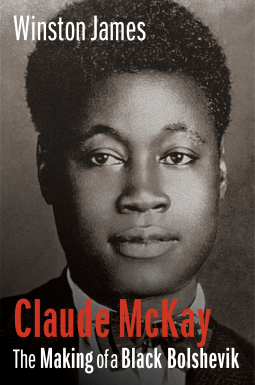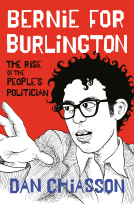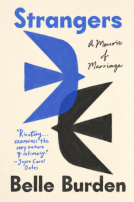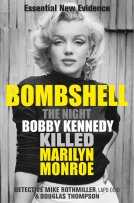
Claude McKay
The Making of a Black Bolshevik
by Winston James
This title was previously available on NetGalley and is now archived.
Send NetGalley books directly to your Kindle or Kindle app
1
To read on a Kindle or Kindle app, please add kindle@netgalley.com as an approved email address to receive files in your Amazon account. Click here for step-by-step instructions.
2
Also find your Kindle email address within your Amazon account, and enter it here.
Pub Date Jul 12 2022 | Archive Date Oct 19 2022
Talking about this book? Use #ClaudeMcKay #NetGalley. More hashtag tips!
Description
Shortlisted, 2023 Historical Nonfiction Legacy Award, Hurston / Wright Foundation
One of the foremost Black writers and intellectuals of his era, Claude McKay (1889–1948) was a central figure in Caribbean literature, the Harlem Renaissance, and the Black radical tradition. McKay’s life and writing were defined by his class consciousness and anticolonialism, shaped by his experiences growing up in colonial Jamaica as well as his early career as a writer in Harlem and then London. Dedicated to confronting both racism and capitalist exploitation, he was a critical observer of the Black condition throughout the African diaspora and became a committed Bolshevik.
Winston James offers a revelatory account of McKay’s political and intellectual trajectory from his upbringing in Jamaica through the early years of his literary career and radical activism. In 1912, McKay left Jamaica to study in the United States, never to return. James follows McKay’s time at the Tuskegee Institute and Kansas State University, as he discovered the harshness of American racism, and his move to Harlem, where he encountered the ferment of Black cultural and political movements and figures such as Hubert Harrison and Marcus Garvey. McKay left New York for London, where his commitment to revolutionary socialism deepened, culminating in his transformation from Fabian socialist to Bolshevik.
Drawing on a wide variety of sources, James offers a rich and detailed chronicle of McKay’s life, political evolution, and the historical, political, and intellectual contexts that shaped him.
Advance Praise
"Meticulously researched and superbly written, this is the premier work on Claude McKay’s astonishing artistic range and diverse passions. It is also an incisive examination of the wider Jamaican and Caribbean colonial context, and a major contribution to the history of the Atlantic World, the Harlem Renaissance and the overlooked connection with the founders of Négritude."
—Franklin W. Knight, Leonard and Helen R. Stulman Professor Emeritus of History, Johns Hopkins University
"James is well-known for his ability to historicize McKay while retaining a keen sensitivity to, and reading of, McKay’s literary contributions. In this book, he emphasizes an often-inadequately addressed aspect of the writer’s work: a deep understanding of McKay’s early political formation and radicalization, and how such origins structured McKay’s thinking and art."
—Michelle Ann Stephens, author of Skin Acts: Race, Psychoanalysis and the Black Male Performer
Available Editions
| EDITION | Other Format |
| ISBN | 9780231135931 |
| PRICE | $40.00 (USD) |
Average rating from 3 members
Readers who liked this book also liked:
Anne Taintor
Entertainment & Pop Culture, Health, Mind & Body, Humor & Satire
Marie Bostwick
Historical Fiction, Literary Fiction, Women's Fiction












